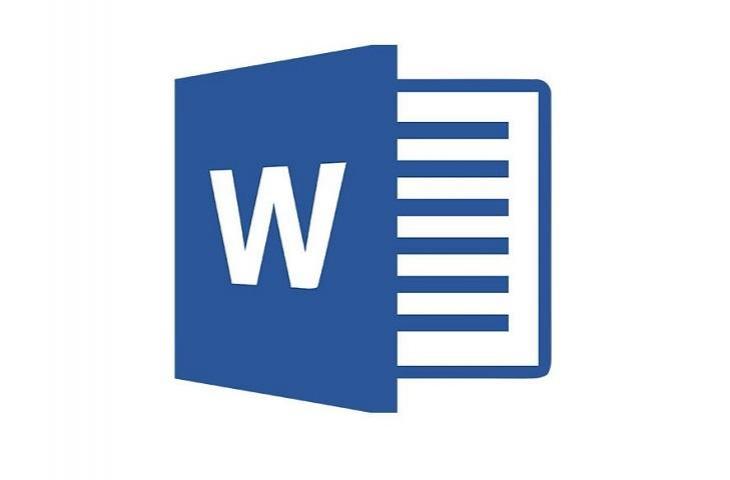Adapting Qawaid Fiqhiyah in the Digital Era: Challenges and Opportunities for Sharia Banking
Keywords:
Qawaid Fiqhiyyah, Non-banking Muamalah, Islamic Banking, Information Technology, RegulationAbstract
The purpose of this study is to explore the application of Qawaid Fiqhiyyah in the context of non-banking muamalah and the challenges and opportunities faced by Islamic banking in the digital era. The method used is a literature study with qualitative analysis of relevant literature, including articles, books, and policy documents related to fiqh rules and muamalah practices. The research findings show that the application of Qawaid Fiqhiyyah can enhance fairness and transparency in non-banking transactions, despite challenges such as the lack of public understanding and the need for clear regulations. In addition, the utilization of information technology can help increase public awareness of the sharia principles underlying muamalah. This study also identified a research gap in the literature regarding the application of Qawaid Fiqhiyyah in the non-banking sector, indicating the need for further study. The implication of this research is the importance of collaboration between Islamic financial institutions, academics, and legal practitioners to develop regulations that support the application of fiqh rules in muamalah. The originality of this research lies in the interdisciplinary approach that combines Islamic law, economics, and information technology to provide practical solutions to the challenges faced in applying Qawaid Fiqhiyyah in the digital era.




